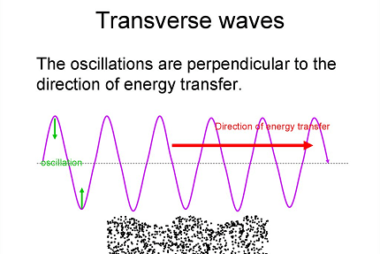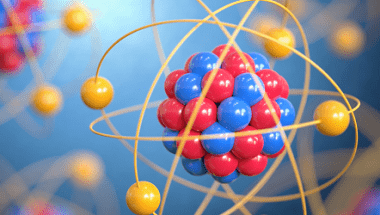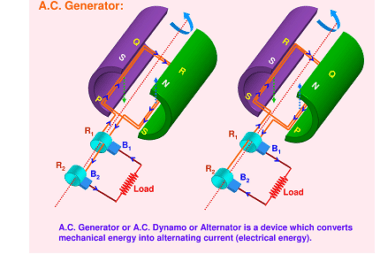Integrated Course NEET-PHYSICS-SYLLABUS Oscillation and Wave
Oscillation and Wave Oscillation and Wave is a fundamental topic in physics that deals with the study of periodic motion and the propagation of waves. It encompasses various concepts and phenomena related to oscillatory and wave-like behavior in different systems. Here are some key aspects of Oscillation and Wave: Understanding oscillation and wave phenomena is…









